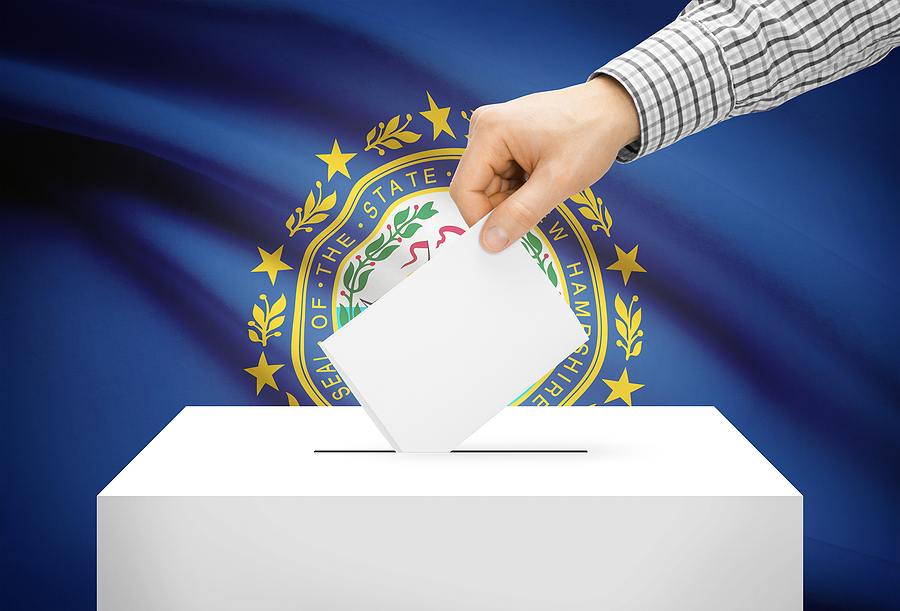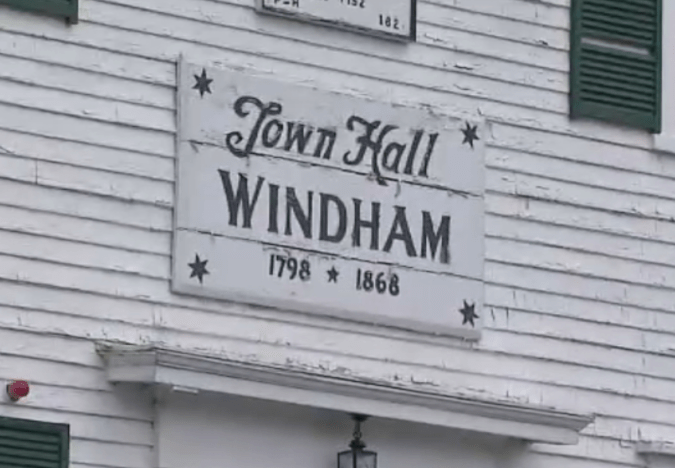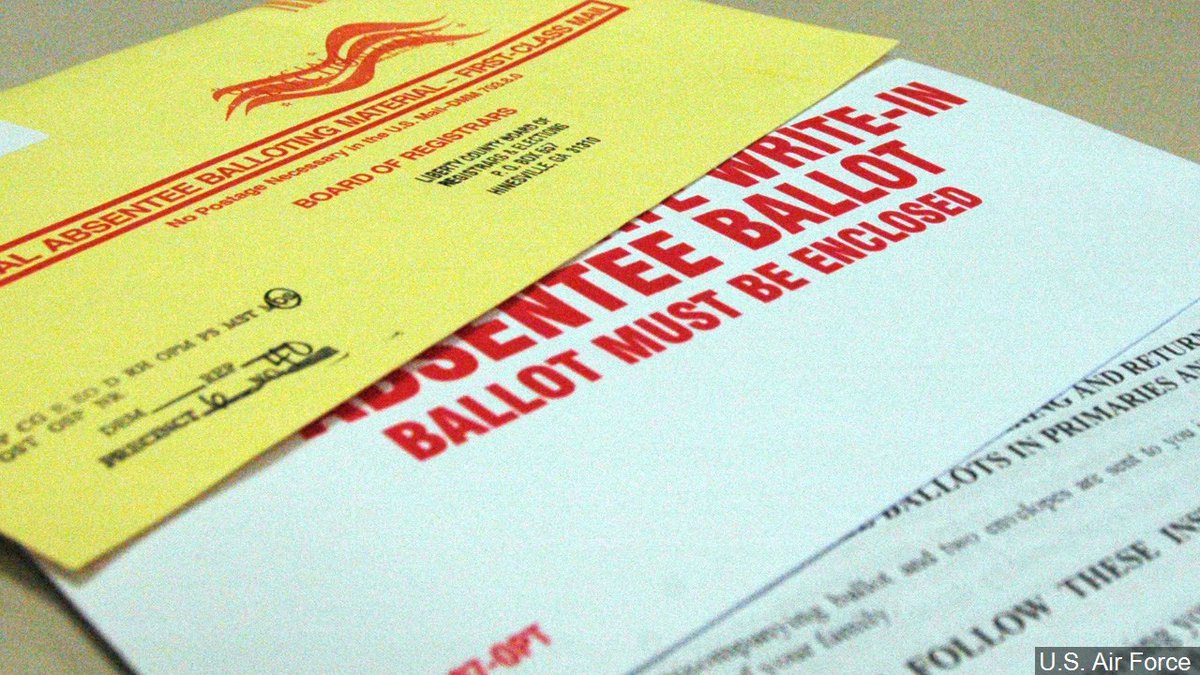Top Election Officials Blast Report Ranking NH Last in Voting Ease

A new report from a progressive political organization ranks New Hampshire dead last in ease of voting. But the Granite State’s top election officials dismiss the findings as bunk.
“That’s the type of report that causes people to lose confidence in elections,” said New Hampshire Secretary of State Dave Scanlan. “The report is way off base in my opinion.”
The report, Cost of Voting in American States, ranks New Hampshire 50th in the nation, finding the Granite State makes it more difficult and expensive to vote than any other. That report has since been picked up by national media outlets like The New York Times, and locally by WMUR.
Scanlan said the report, compiled by a researcher with a political activist group, along with a Midwest political science professor and a data analyst from China, ignored the facts on the ground when it comes to how easy it is for New Hampshire residents to vote.
“When they issue a report like this, it gives a false picture of where New Hampshire is at,” Scanlan said.
For example, the report faults New Hampshire for not being part of the Motor Voter law where people are registered to vote when they get a driver’s license. The state is also criticized for not offering permanent mail-in voting, or adopting “no excuse” absentee voting, for not allowing incarcerated felons to vote, and not allowing drop-off ballot boxes, as some other states have allowed.
Scanlan said the report’s authors fail to consider key facts, like same-day voter registration, or the security of New Hampshire’s elections. And then there was the ultimate measurement: High voter turnout.
During the last five presidential elections, New Hampshire has been in the top three states for voter turnout, Scanlan said. “It doesn’t matter what California does, or what Washington does in their state, it matters what New Hampshire does,” Scanlan said.
“It’s easy to vote here, and we have struck a good balance between ease of voting and making sure elections are secure,” Scanlan said.
Michael Garrity, communications director for the New Hampshire Department of Justice, said the report’s findings are not based in reality.
“New Hampshire has many convenient options for voters to register to vote and to vote. New Hampshire law allows voters to register to vote in person at town and city clerks’ offices, by mail, or on election day,” Garrity said.
New Hampshire offers election day registration for voters and provides voters with the ability to bring documents showing their qualifications to vote, or allows them to sign affidavits for every qualification if they do not have any documents, he said.
“And, unlike many other states, our election day registered voters cast full ballots that are counted on election day – they are not provisional ballots that can be rejected in the weeks after an election,” Garrity said.
New Hampshire election officials strive to make sure people who are allowed to vote can vote, Scanlan said. That means making sure real registered voters are the ones taking the ballots, and that those voters are not impeded. Many of New Hampshire’s voting laws and regulations have developed over centuries, he said.
It seems to be working for New Hampshire, as a recent UNH poll found 98 percent of New Hampshire voters find it easy to cast their ballots.
“In this regard, that’s the only question that matters,” Scanlan said.





